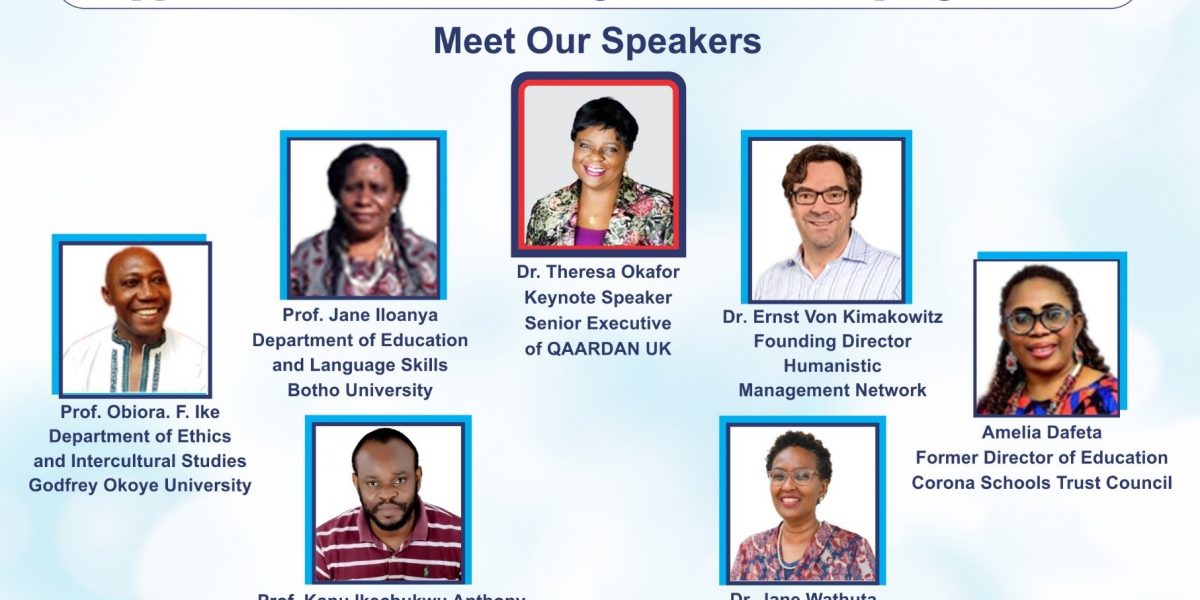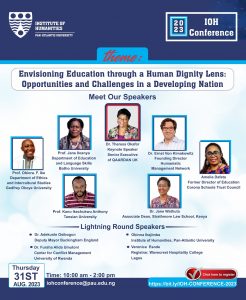Quality education is the fourth of the Sustainable Development Goals adopted by various developing countries, to improve the quality life of citizens. Holistic education includes raising awareness about human dignity. Fostering respect for the dignity of every member of the human species is a task that can enrich the educational system in developing nations. Increased appreciation of the value of human life backed, by actions that promote human flourishing can relieve human suffering.
In exploring the wealth of contributions that each young mind can make to the development of their society; one can glimpse the urgency of enriching academic learning with knowledge and practices that promote holistic approaches to human flourishing rooted in the dignity of each person.
The Institute of Humanities 2023 conference focuses on human dignity in education. We bring together outstanding scholars from Africa and beyond to contribute to dialogues regarding a promotion of the common good in developing nations.
Please click here to register.
This event will be happening online, and you can download the programme guide by clicking here.
Speakers
Keynote speaker
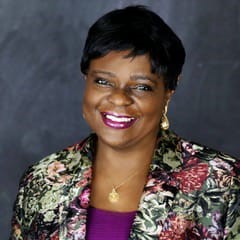
- Dr Theresa Okafor is an accomplished, award-winning, and highly educated Senior Executive of QAARDAN UK LTD. She has an impressive portfolio of achievements in the higher education sector, leading projects and programmes that positively impact the educational outcomes of institutions around the world. She is a quality assurance practitioner who has set up quality assurance mechanisms and employability scorecards for higher education. She has negotiated on behalf of Nigeria and the Holy See at inter-governmental organisations including the United Nations in New York and Geneva; The European Parliament in Brussels and the House of Commons, Foreign Affairs and International Development Unit of the Canadian Parliament. Strong, insightful, and resourceful, with extensive experience in strategic leadership, relationship building, and setting up structures for effective people and resource management, Dr. Okafor is an inspirational leader who creates shared vision and leads from the front to build, empower, and motivate multi-cultural, cross-functional teams.
Panelists
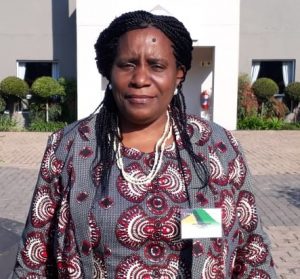
- Jane Iloanya is a Professor and Head, Department of Education and Language Skills, Botho University, Botswana. She holds a Bachelor of Education degree, a master’s degree and a Ph.D. in Education. Jane Iloanya has about 25 years’ experience in Teaching, Research and Educational Administration. She is a member of the Botswana Educational Research Association (BERA), Botswana Evaluators’ Society (BES) and the Tuning Africa Project on Tuning and Harmonization of African Higher Education Curricula. Her research interest areas include Higher Education Issues, Social Justice, Teacher Education, Philosophy of Education and Policy Issues in Education.
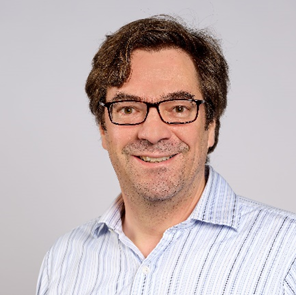
- Dr. Ernst von Kimakowitz is passionate about strengthening the positive impact of business towards a more equitable and more sustainable planet. He is co-founder and leads the Humanistic Management Network and Humanistic Management Center and is Senior Research Fellow at the University of Lucerne in Switzerland. Ernst has been visiting faculty at universities in Colombia, Germany, India, Japan and Poland and holds various editorial, reviewer and board positions.
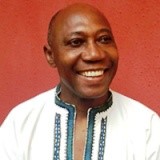
- Professor Obiora F. Ike Msgr. Obiora Ike is a Professor of Ethics and Intercultural Studies at the Godfrey Okoye University in Enugu State, Nigeria. He is the Founding Director of the Catholic Institute of Development, Justice, Peace and Caritas (CIDJAP); Chairman of Umuchinemere Pro-credit Microfinance Bank Limited; Chairman of the Enugu State Economic Advisory Committee. He is the immediate past Executive Director of the Geneva-based GlobEthics.net.He is a Scholar, Writer, Teacher and Professor with several years of experience and a demonstrated history of working in civil society organizations, non-profit and religious institutions. He has strong professional skills in non-profit organizations, Human Management, Networking, Religious Thought Leadership, Public Speaking, Strategic Planning, and Research.
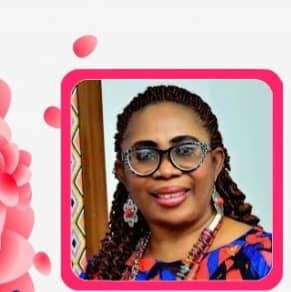
- Amelia Obianife Dafeta is a professional educator with over 35 years of teaching experience. She holds an M. Ed in Educational Administration from the University of Lagos Akoka. As a teacher, she earned the trust of the students, colleague and institution she worked for, especially Corona Schools where she worked the longest. She was the Head of School of Corona School Ikoyi from 2007 -2017. She has been exposed to a wide range of both local and international certified trainings.In December 2021, Amelia Obianife Dafeta retired from the service of Corona Schools as the Director of Education after 28 years of meritorious service and on attainment of the age of retirement.She currently runs her private business in addition to managing BVM Educational Services, a learning solution provider which facilitates standard based learning, from teacher training programmes to whole school development projects.
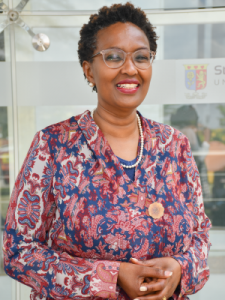
- Dr. Jane Wathuta has a Bachelor of Laws (LL. B) degree from the University of Nairobi and is an Advocate of the High Court of Kenya. She holds a master’s degree in Marriage and Family from the University of Navarre, Spain, and a Research PhD in Bioethics from the Biomedical University of Rome, Italy. She was a postdoctoral research fellow from 2015-2017 at the School of Law, University of Witwatersrand in Johannesburg, South Africa, and is currently a visiting research fellow at the same institution.Dr. Wathuta has further trained in children’s rights, women studies, and research ethics at various institutions in Africa and Europe. She is one of the Visiting Faculty in the South African Research Ethics Training Initiative (SARETI) at the University of KwaZulu-Natal, South Africa, and previously to the University of Gdansk, Poland, under the Erasmus staff mobility program.Jane serves in the National Scientific and Ethics Committee (NSEC), under the National Commission for Science Technology & Innovation (NACOSTI – Kenya). She has previously represented Strathmore University in the National Council for the Administration of Justice (NCAJ) Special Taskforce on Children Matters. She is a member of the Bioethics Society of Kenya (BSK), the Law Society of Kenya (LSK), and the co-founder and chairperson of Women in Academia (WiA.ke).Dr. Wathuta is, besides, the current Director of the Strathmore University Institute for Family Studies and Ethics (IFS). She previously served as Research Director, Academic Director and is currently the Associate Dean at Strathmore Law School.
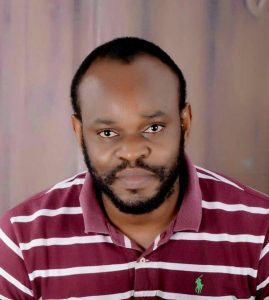
- Ikechukwu Anthony Kanu, OSA is a Professor of African Philosophy and Religious Traditions, at Tansian University, Umunya, and a Tenured Professor of African Theology and Orthodox Studies with the University of America, Temecula, California, USA. As a visiting scholar, Kanu also lectures at the Department of Religion and Philosophy, University of Jos, Plateau State; the Department of Philosophy, Veritas University Abuja; the Department of Philosophy, Augustinian Institute, Makurdi, and the Departments of Philosophy and Theology, Saint Albert the Great Major Seminary, Abeokuta. He is the President of the Association for the Promotion of African Studies (APAS), and the Global President of the World Cultural Studies Research Association. Professor Kanu is the author of several works and the proponent of Igwebuike philosophy, which is the operative condition of African Philosophy, Religion and Culture.
Moderator
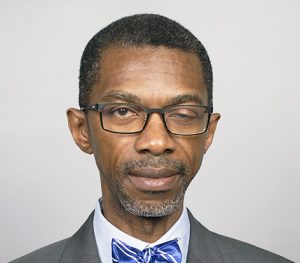
- Dr. Ikechukwu Obiaya lectures at the School of Media and Communication of the Pan-Atlantic University where he currently serves as the dean. He obtained a Bachelor of Art degree, with combined honours in English and Literature, from the University of Benin. This was followed by a master’s degree from the University of Ibadan, also in English Language. He obtained his Ph.D. from the University of Navarra, in Spain, and his thesis was a study of the impact of state intervention, through the NFVCB, on the Nigerian film industry.
Obiaya has also carried out some studies on the audience of the Nigerian video film as well as on technical workers in the industry. He has a varied practical experience of the media having worked at various moments in both a broadcast house and a publishing company.


